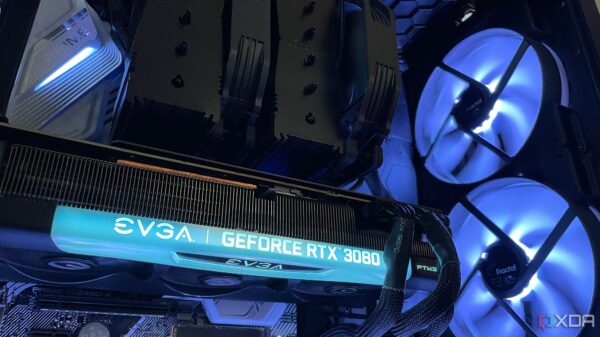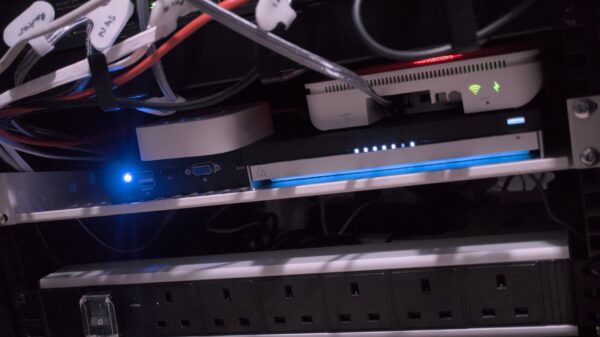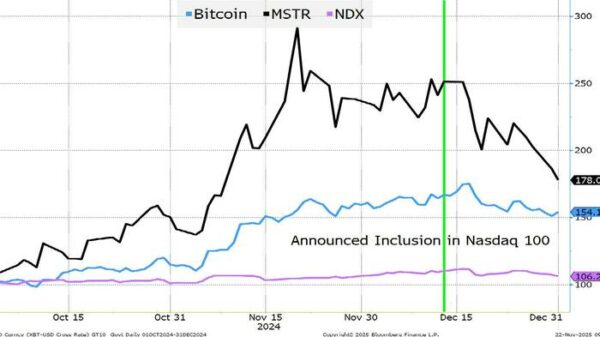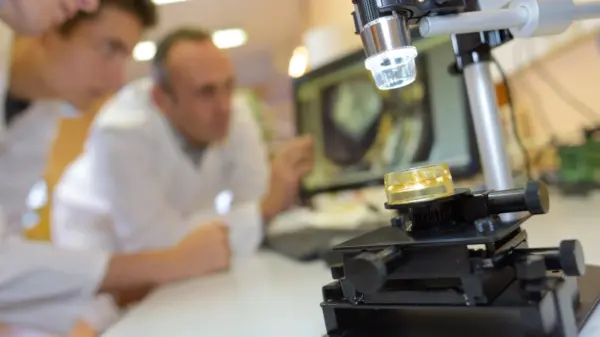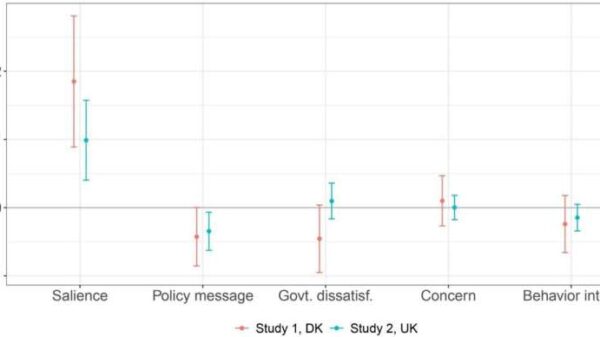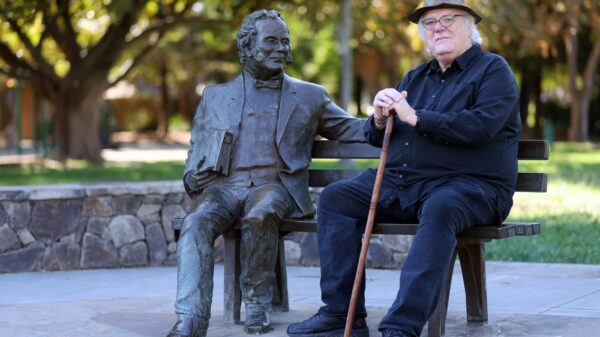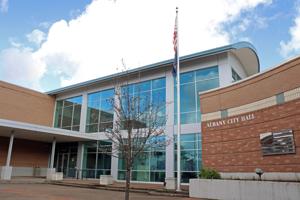Efforts to introduce a local gas tax in Albany have been effectively halted for this year, as Mayor Alex Johnson II announced there will be no vote on the matter. This decision comes amid Oregon’s ongoing discussions surrounding state-level gas tax increases, particularly following a failed attempt earlier this summer.
Timing plays a critical role in this decision. The city would need to submit any proposal for the gas tax by September 4, 2023, according to Derrick Sterling, Chief Deputy Clerk of Linn County. With the City Council’s next meeting scheduled for August 11, city spokesperson Matt Harrington indicated that a decision would need to be reached by August 15, leaving a narrow window for action. Harrington noted that no draft language for the proposed tax has been prepared, complicating the potential for a timely vote.
Johnson has expressed reluctance to place a gas tax on the ballot this November, suggesting that the city should avoid competing with other tax measures proposed by local governing bodies. He emphasized the importance of building public support for such a tax, especially given Albany’s history of failed attempts to implement one. The mayor also pointed to recent increases in city service fees and the renewal of the public safety levy, questioning whether additional financial burdens are necessary at this time.
City Manager Peter Troedsson echoed Johnson’s sentiments, advocating for thorough public outreach to explain the merits of any proposed tax. He referenced a city-commissioned public opinion poll, which indicated that a proposed 10-cent gas tax barely surpassed the 50% approval threshold, but only with effective messaging.
Albany currently stands alone among more than 30 cities and counties in Oregon that have established their own gas taxes. The state legislature had previously considered a transportation funding package that would have generated billions over the next decade through increased gas taxes and other fees, but the proposal faced strong opposition and ultimately failed. According to Jim McCauley, legislative director for the League of Oregon Cities, local officials had hoped this package would address significant road maintenance backlogs statewide.
As of now, over one-third of roads in Albany are classified as being in poor condition, according to a 2021 assessment. The city faces an annual funding gap of approximately $12 million required for necessary repairs. There were proposals from Democratic lawmakers to increase the state gas tax by between 40 cents and 60 cents, but these met resistance from some Republicans and concerns from fellow Democrats. Currently, Governor Tina Kotek has proposed a more modest six-cent increase due to budget shortfalls at the Oregon Department of Transportation.
Troedsson noted that there is no current estimate regarding how additional funding from the governor’s proposals could impact Albany’s street maintenance, particularly if an agreement is not reached during the upcoming special legislative session.
In addition to a local gas tax, Albany has other options for funding street repairs. The City Council granted the city the authority to establish a street maintenance fee last year, though this has yet to be enacted. City staff plan to present further details on the fee structure to the council in August. Troedsson mentioned that the council could set the fee at zero while deliberating a gas tax.
Councilor Steph Newton has voiced opposition to this approach, arguing that a gas tax would likely not succeed if a fee were already in place. Alongside Councilors Michael Thomson and Ramycia McGhee, she had hoped to see a gas tax proposal on the ballot this year. However, Newton acknowledged last week that the chances of this happening appear slim.
With Albany’s road maintenance challenges persisting and local officials weighing their options, the conversation surrounding a gas tax will remain a topic of interest in the coming months.



